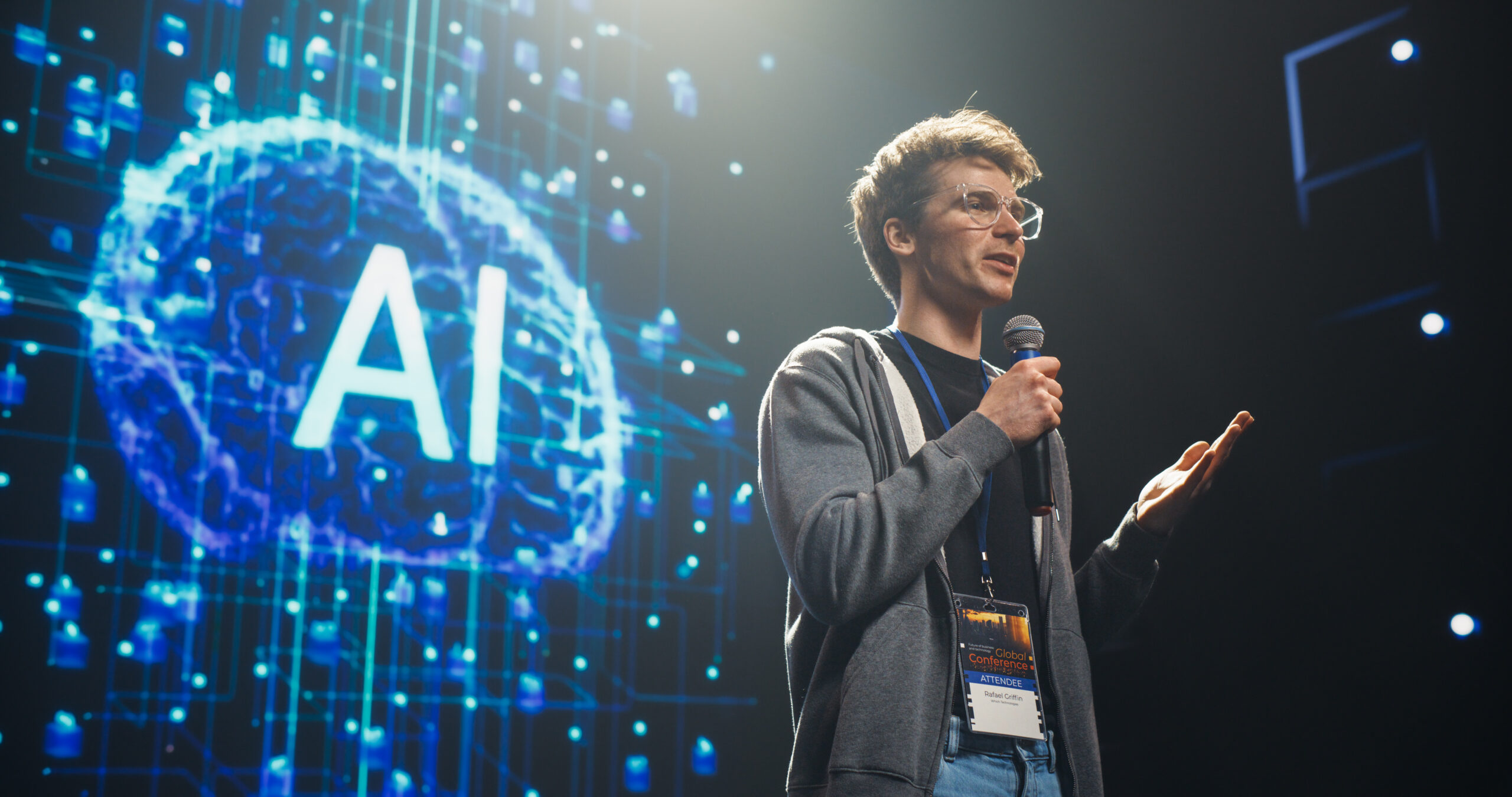Akademia
The education of the future will be hybrid and multidimensional

Ángel Cabrera, president of the Georgia Institute of Technology, presents the keys to the education of the future.
The Bankinter Innovation Foundation has held a new edition of the #FutureTalks, an initiative that wants to bring Spanish society closer to the most disruptive trends that will shape the future. To do this, #FutureTalks relies on the world’s leading experts.
On this occasion, and presented by Juan Moreno, our Foundation’s manager, it has been with Angel Cabrera, trustee of our Foundation and president of the prestigious North American university Georgia Tech. Previously he was president of the also North American George Mason University and Thunderbird School of Global Management and of the Spanish IE Business School, so he has a privileged vision of the university ecosystem and how it has had to pivot in these times of dizzying and forced change.
According to Angel, the pandemic caused by COVID-19 has been, in addition to a very hard blow at the planetary level, an extraordinary turning point in terms of innovation and the advancement of science in all areas. The educational and academic world has undergone a “massive experiment” in 2020, which otherwise would never have been carried out: going from a 100% face-to-face education to a 100% online education, it was done in a few weeks and with few resources when, in other circumstances, it would have taken years and millions of euros.
The positive interpretation is that this “experiment” has highlighted the need for structural changes in educational methods and has caused a tremendous acceleration of innovation. According to Angel, there is no going back. Post-COVID education will never be like pre-COVID education: we must learn from everything that was done well during the pandemic and from all the gaps and poorly resolved problems that arose to arrive at a new educational model.
You can access the #FutureTalks with Ángel Cabrera below:
Next, we offer you 10 keys about the future of education that Ángel has shared with us:
- The pandemic has been an accelerator to refocus education once and for all, which needs new visions and new commitments to society.
- Classrooms and campuses are going to change their roles: Since lectures can be done on video and this way of delivering them is more convenient for students, the expectations of what to do on a campus are different. Innovation will come from how we use the classroom as a space for debate, teamwork, and socialization. The next few years will emerge new models of how to combine technology with space.
- Universities open up to the world. Going to class and studying for four or five years without doing anything else will cease to exist. The campus is going to be a place to recharge, reconnect, and have a huge connection with the rest of the world. Training and job performance will no longer be separated and companies that know how to offer more flexible schemes in this training-employment hybridization will be able to attract the best talent.
- Innovative collaborations between university and business will be generalized. Pioneering initiatives such as the one carried out by the Bankinter Innovation Foundation with its Akademia program, which has been held since 2008, will serve as a reference for new collaborations that bring university students closer to real problems and the most innovative methods to solve them.
- Degrees will change and will be flexible. The model will be much less rigid, so that minor certifications, or micro-credentials, can be accumulated, doing “careers a la carte”. In addition, the teaching methods, face-to-face and online, will be hybridized, with a much more intelligent use of the strengths of each method.
- Universalize universities through technology. The traditional model, due to infrastructures, educational models and prices, is not viable to be able to offer higher education to the entire world population that demands it. It is a non-expandable model. New technologies offer the solution to reach many students at a reasonable cost.
- Protect the raison d’être of the university: the progressive search for truth, critical thinking, the advancement of science, pure research and deciding what knowledge is worth being taught and transmitted must be protected as key assets for the progress of the humanity.
- Combine research, reputation and trust assets, with reaching millions of people. In order to make the two previous points compatible, hybrid collaboration schemes between universities and large corporations are necessary. As an example of this type of movement, Angel tells us about the recent sale of edEx, a foundation promoted by Harvard and MIT to teach massive online courses (MOOC), to the educational technology company 2U. In this hybridization between the traditional, non-scalable university, which must ensure what was said in point 7, with the private sector that provides capital agility and technological innovations to cover what was said in point 6, it is where more business model innovations will be produced.
- There is an urgent need to equip everyone with digital skills. The problem is not the young generations entering university for the first time, who are digital natives, but the faculty and professionals who did not develop digital skills in their moment. In a world where lifelong learning is going to be the norm, measures are needed so that the so-called “digital gap” does not exist.
- Constellations of universities are created. Universities from around the world, with different backgrounds and profiles, will come together to support causes that affect the entire society. A pioneering example of this is the University Global Coalition, whose committee is chaired by Angel, and whose commitment is to work together and in partnership with the United Nations and other relevant organizations, in support of the Sustainable Development Goals (SDGs).
In summary, Angel tells us that the education of the future will be multidimensionally hybrid:
- In the way of learning and socializing, between face-to-face and online.
- In the business model, between a traditional university and a technology company.
- In the type of degrees, hybridizing content through micro-credentials.
- Between training and work, breaking the silos of the past.






